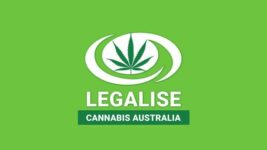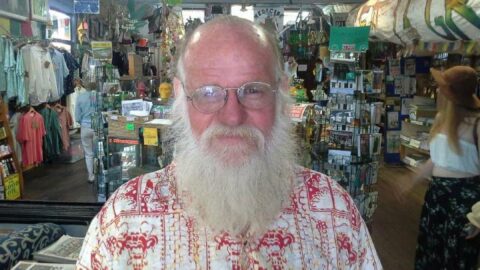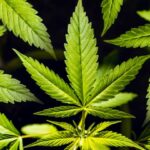Time to Legalise: Australia Demands Cannabis Law Reform

At the time of writing, Pauline Hanson’s seat in the Senate is in question as the votes for the last Queensland upper house seat are still being counted and are too close to call, as Legalise Cannabis candidate Bernie Bradley continues to threaten the long-time racist politician’s next term in office.
Indeed, one in every seventeen voters in Queensland put Legalise Cannabis Australia as their first preference for the Senate. And this uptick in support for making the recreational use of a fairly innocuous psychoactive substance legal was seen nationwide.
Not only is this significant in its own right, but when taken against the backdrop of a particularly divisive election where battlelines were drawn along climate and corruption inaction, for cannabis reform to still garner such high numbers shows the mood nationally has changed on this issue.
Legalise Cannabis Australia picked up between 2 to 7 percent of the Senate vote in all jurisdictions.
In Queensland, it took 6.7 percent of the vote. In the NT, it took 6.2 percent. In Victoria, it was 3.4 percent, WA saw 3.8, while in NSW, 2.9 percent of Senate preferences went to the single-issue party.
A global trend
Legalise Cannabis Australia is a newly formed political party. It saw the HEMP Party, which has been running in the federal polls for decades, join forces with the various Legalise Cannabis state parties that started springing up at the time of the last Queensland state election in October 2020.
The fact that cannabis law reform was gaining momentum as a political issue was further evidenced at the March 2021 Western Australian election, as Legalise Cannabis WA members took out two of that state’s upper house seats.
The push for the legalisation of recreational cannabis is no Australian anomaly, however. It’s part of a conversation that’s happening globally at present.
Over the last ten years, 18 US states have legalised the adult use of the plant, while the entire nation of Canada did so in October 2018.
This shift to a legal drug that doesn’t promote violence, as alcohol can, really commenced in November 2012, when the American states of Colorado and Washington voted to legalise it.
The first retail sale in Colorado took place in January 2014, and by June 2019, it had resulted in $1 billion in tax revenue having been funnelled into sectors such as health and education.
There’s potential under Albanese
Even if Legalise Cannabis Australia fails to take out the last Queensland Senate seat, the issue has been catapulted front and centre. And if the seat is lost, it hardly rules out the possibility that a legalised and regulated market could be established over this next parliamentary term.
As newly elected Greens Senator David Shoebridge told Sydney Criminal Lawyers two weeks back, if his party holds balance of power in the Senate – with the taking of 12 upper house seats – which it does, it will be prioritising the passing of federal laws to establish a nationwide regulated market.
And if there are doubts that a federal Labor government would permit lawful cannabis to be rolled out under its watch, well, one only has to look to the ACT, where a Labor/Greens territory parliament legalised the personal possession and use of cannabis on 31 January two years ago.
In fact, it was a Labor parliamentarian who initiated the reform. ACT Labor MLA Michael Pettersson tabled his private members bill, which ultimately led to the personal use of the recreational cannabis being legalised in the capital, in September 2018.
So, if its legal for federal MPs and Senators to light up after a harsh sitting day in the chamber, it hardly seems consistent under the rule of law that the rest of us outside of the capital territory can still be criminalised for having an innocent little toke.








